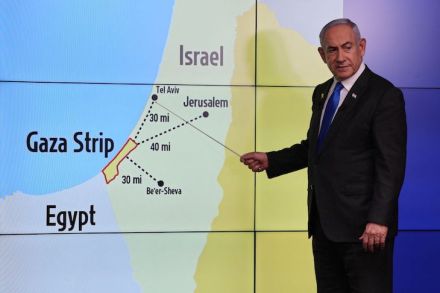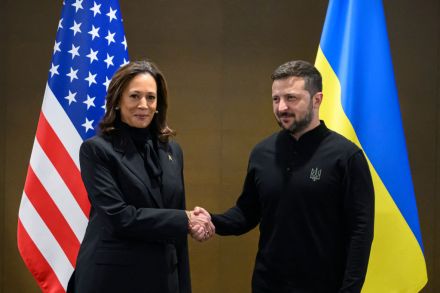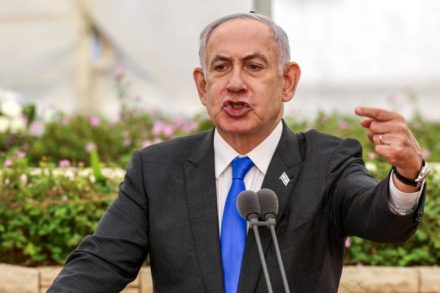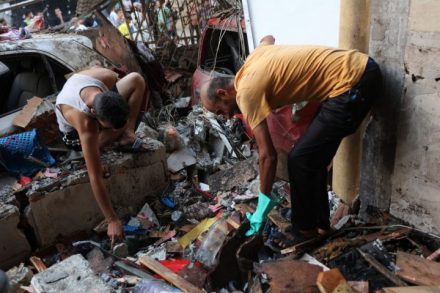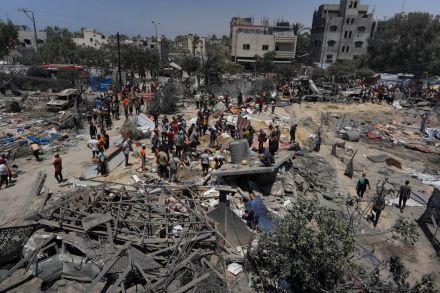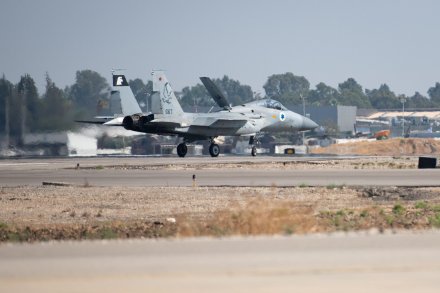Israelis have had enough of Benjamin Netanyahu
Benjamin Netanyahu is the great survivor of Israeli politics, but his grip on power is slipping. ‘You can fool some of the people all of the time, and all of the people some of the time, but you can not fool all of the people all of the time.’ Abraham Lincoln’s saying applies now more than ever to Israel’s prime minister. Netanyahu’s time will surely soon be up. Netanyahu cannot escape his inevitable legacy Motivated by self-preservation, Netanyahu has desperately tried to evade responsibility for the many failures that led to Hamas’s brutal attack on October 7. In the months since, Netanyahu has done his best to block a ceasefire
